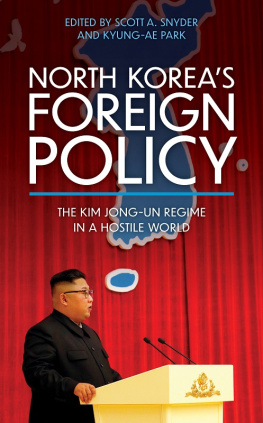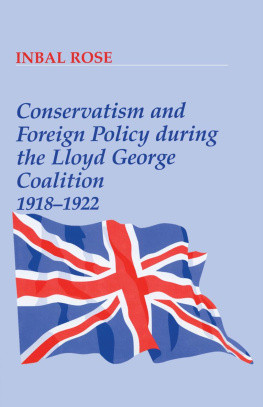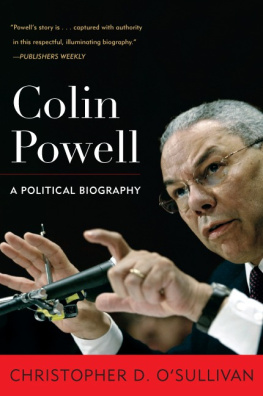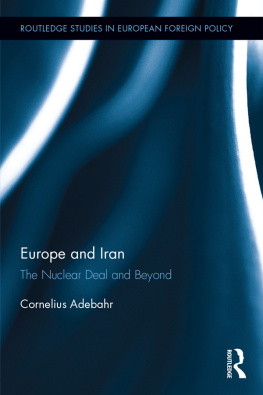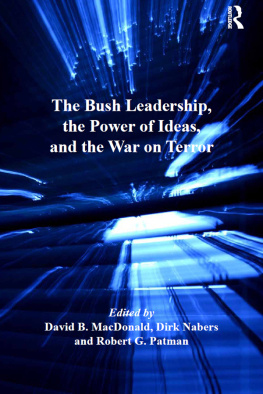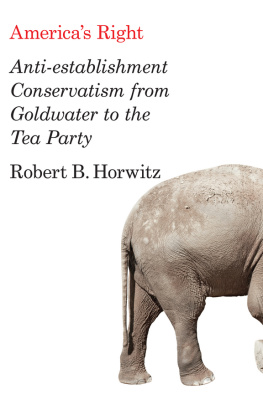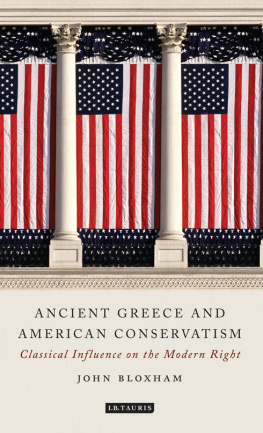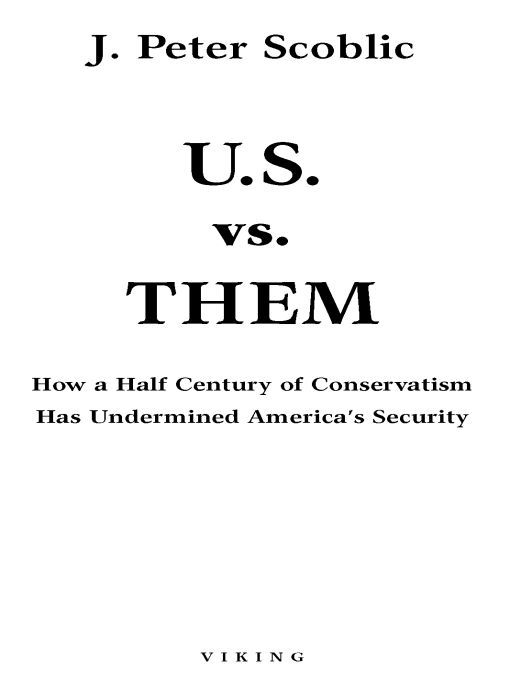Table of Contents
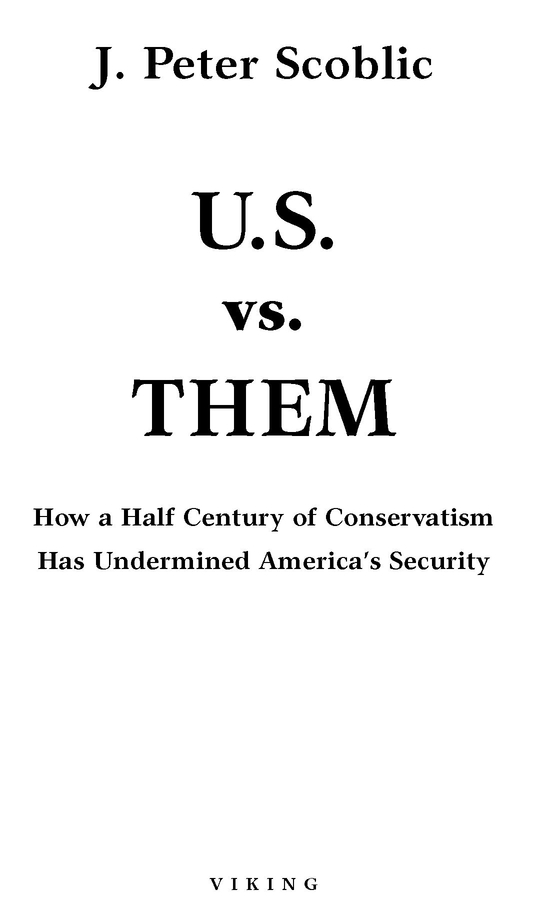
VIKING
Published by the Penguin Group
Penguin Group (USA) Inc., 375 Hudson Street,
New York, New York 10014, U.S.A.
Penguin Group (Canada), 90 Eglinton Avenue East, Suite 700,
Toronto, Ontario, Canada M4P 2Y3 (a division of Pearson Penguin Canada Inc.)
Penguin Books Ltd, 80 Strand, London WC2R 0RL, England
Penguin Ireland, 25 St. Stephens Green, Dublin 2, Ireland (a division of Penguin Books Ltd)
Penguin Books Australia Ltd, 250 Camberwell Road, Camberwell,
Victoria 3124, Australia (a division of Pearson Australia Group Pty Ltd)
Penguin Books India Pvt Ltd, 11 Community Centre,
Panchsheel Park, New Delhi-110 017, India
Penguin Group (NZ), 67 Apollo Drive, Rosedale, North Shore 0632,
New Zealand (a division of Pearson New Zealand Ltd)
Penguin Books (South Africa) (Pty) Ltd, 24 Sturdee Avenue,
Rosebank, Johannesburg 2196, South Africa
Penguin Books Ltd, Registered Offices: 80 Strand, London WC2R 0RL, England
First published in 2008 by Viking Penguin, a member of Penguin Group (USA) Inc.
Copyright J. Peter Scoblic, 2008
All rights reserved
LIBRARY OF CONGRESS CATALOGING IN PUBLICATION DATA
Scoblic, J. Peter.
U.S. vs. them : how half a century of conservatism
has undermined Americas security / J. Peter Scoblic.
p. cm.
Includes bibliographical references and index.
eISBN : 978-0-670-01882-6
1. United StatesForeign relations1945-1989. 2. United StatesForeign
relations1989- 3. United StatesPolitics and government1945-1989. 4. United States
Politics and government1989- 5. ConservatismUnited StatesHistory20th century.
6. ConservatismUnited StatesHistory21st century. 7. National securityUnited States
History20th century. 8. National securityUnited StatesHistory21st century.
I. Title. II. Title: Us vs. them. III. Title: Us versus them.
E840.S387 2008
327.7300904dc22 2008001770
Without limiting the rights under copyright reserved above, no part of this publication may be reproduced, stored in or introduced into a retrieval system, or transmitted, in any form or by any means (electronic, mechanical, photocopying, recording or otherwise), without the prior written permission of both the copyright owner and the above publisher of this book.
The scanning, uploading, and distribution of this book via the Internet or via any other means without the permission of the publisher is illegal and punishable by law. Please purchase only authorized electronic editions and do not participate in or encourage electronic piracy of copyrightable materials. Your support of the authors rights is appreciated.
http://us.penguingroup.com
To my mother and father
When I was coming up, it was a dangerous world. And we knew exactly who the they were. It was us versus them, and it was clear who them was. Today were not so sure who the they are, but we know theyre there.
George W. Bush, January 21, 2000
INTRODUCTION
THIS IS A BOOK about a mystery.
It started not long after the September 11 attacks, when George W. Bush redefined the war on terrorism. From a targeted effort to prosecute al Qaeda and its sponsors, the president broadened the wars scope to include rogue states seeking chemical, biological, and nuclear weapons. During his January 2002 State of the Union addressin which he famously dubbed Iran, Iraq, and North Korea an axis of evilthe president stated, By seeking weapons of mass destruction, these regimes pose a grave and growing danger. They could provide these arms to terrorists, giving them the means to match their hatred. Bush repeatedly reaffirmed this priorityin a speech at West Point that June, when he said, The gravest danger to freedom lies at the crossroads of radicalism and technology, and later that year, in the National Security Strategy, which said, [I]n an age where the enemies of civilization openly and actively seek the worlds most destructive technologies, the United States cannot remain idle while dangers gather.
Many Americans welcomed these statements of resolve, as did Ito an extent. Admittedly, they were broad, but I believed they contained a more specific message. I assumed that, despite his rhetoric about weapons of mass destruction and rogue regimes, the president was chiefly concerned about nuclear weapons in the hands of terrorists. (And, in fact, the president did later acknowledge that nuclear terrorism was his greatest concern.) I made that assumption because nuclear weapons can do far more damage than either chemical or biological ones. It takes a great many chemical weapons to hurt a large number of people, and although a potent biological agent could kill thousands, it is also extremely difficult to culture a virulent disease and deliver it effectively. Moreover, germ weapons can be fought with preventive steps, vaccines, and even cures. Nuclear weapons, by contrast, can be fairly simple devices, technologically speaking, and even a small atomic bomb can instantly wipe out a large section of a city, killing hundreds of thousands and causing trillions of dollars in damage.
This was a prospect more sobering than even the smoking ruin of Ground Zero. After September 11, one rabbi said that the only way to truly comprehend the devastation of that day was to take one death you had personally mourned and imagine reliving it thousands of times. Well, imagine reliving the destruction of that September morning many times over. Or imagine the chaos following Hurricane Katrina multiplied a thousandfold. Whats more, consider the steps the government took domestically after the 9/11 attacksconcerning homeland security, civil liberties, immigrationand magnify them to nearly authoritarian levels. Civilizationeven American civilizationis a fragile thing. A nuclear 9/11 could be a catastrophe so great as to render the postattack United States unrecognizablepolitically, economically, sociologically, and psychologically. In that sense, a nuclear terrorist attack is an existential threatthe only immediate one we face.
In ostensibly pursuing the specter of nuclear-armed terrorists, the Bush administration was aggressive. Quickly choosing to focus on Iraq, it rejected the tools of diplomacy. It went only grudgingly to plead its case before the United Nations and then mocked the competence of weapons inspectors, questioned the utility of the Security Council, and brushed off the concerns of allies. Repeatedly, the president insisted that no other country could be given control over our national security. Time after time, he asserted that we could not wait for a threat to manifest before actingthat we must not let the smoking gun become a mushroom cloud. Soon, impatient to remove Saddam Hussein from power, he ordered the invasion of Iraq.
Witnessing the speed of this process, the dismissal of the international community, and the emphasis on force as the prime tool of U.S. foreign policy, national security analysts agreed that something major was taking place. But what exactly was that something? To many, the administration seemed to have broken with decades of foreign policy precedent. Lacking a frame of reference, some called it a revolution.
Anthropologists of the Bush administration soon developed a lexicon to describe its behavior. They first classified the Bush team as unilateralistthat is, they noted that it preferred to act alone, unconstrained by treaties, institutions, or partners. This, they said, contrasted sharply with a bipartisan Cold War foreign policy based on alliances such as NATO; the grand Gulf War coalition of George H. W. Bush; and Bill Clintons emphasis on globalization. Its unilateralism was accompanied by a particular form of arrogance and self-righteousness, a sense that American intentions must never be questioned. And it was backed by a militarism that not only elevated preventive strikes to the level of a publicly declared national security doctrine, but suggested that force was the administrations preferred modus operandinot its option of last resort. Once it became clear that Iraq had neither weapons of mass destruction nor meaningful links to al Qaeda, critics accused the administration of being deceitful as well.


